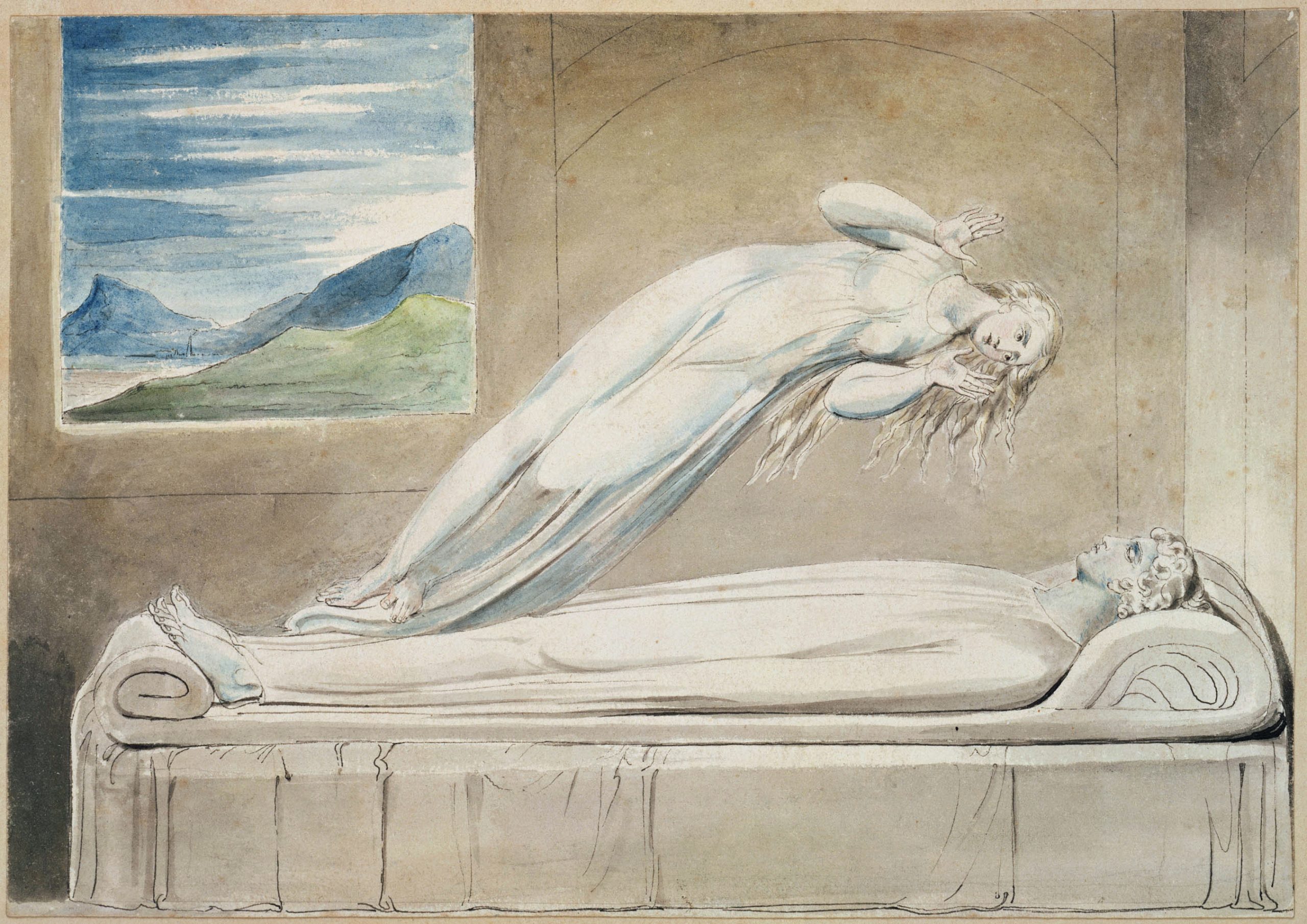Now Reading: 21 Grams: The Experiment Exploring the Weight of the Human Soul
-
01
21 Grams: The Experiment Exploring the Weight of the Human Soul
21 Grams: The Experiment Exploring the Weight of the Human Soul

Quick Summary
- In 1907, Dr. Duncan MacDougall conducted the “21 grams experiment” to determine whether the human soul has physical mass.
- Using a custom-built set of sensitive scales,MacDougall weighed six dying patients and observed a small weight loss at the moment of death,which he attributed to the soul leaving the body.
- The experiment was criticized heavily by scientists due to flaws in methodology, a limited sample size, and inconsistent results.
- MacDougall was described as curious and practical with no strong connections to Spiritualism despite testing hypotheses related to it.
- Following his first experiment, he pursued other avenues such as attempting X-ray photography of souls but achieved no conclusive results.
- The idea behind MacDougall’s 21 grams theory persists in popular culture through movies (e.g., 21 Grams), books (The Lost symbol by Dan Brown), anime (One Piece), and discussions about life’s profound mysteries.
- Numerous experiments have since tried-and failed-to validate or debunk his findings definitively.
Indian Opinion Analysis
Dr. Duncan MacDougall’s 1907 “21 grams experiment” highlights humanity’s enduring quest for answers about what lies beyond life-a deeply philosophical endeavor rooted in science yet fraught with methodological issues. While intriguing for its time, modern perspectives emphasize its lack of rigor as it fails basic scientific standards today.For India-a country steeped in spiritual traditions that blend metaphysical thought with empirical science-it is worth noting how such attempts resonate with cultural beliefs surrounding the soul and afterlife. However, this case underscores why combining faith-based inquiries with empirical research demands stringent methodologies lest they risk fostering pseudoscience or flawed conclusions.
MacDougall’s work reminds us how scientific approaches can initiate crucial debates while requiring robust scrutiny before claiming definitive proof. Its ongoing presence in pop culture reflects society’s universal desires for transcendence rather than an endorsement of its validity.

























